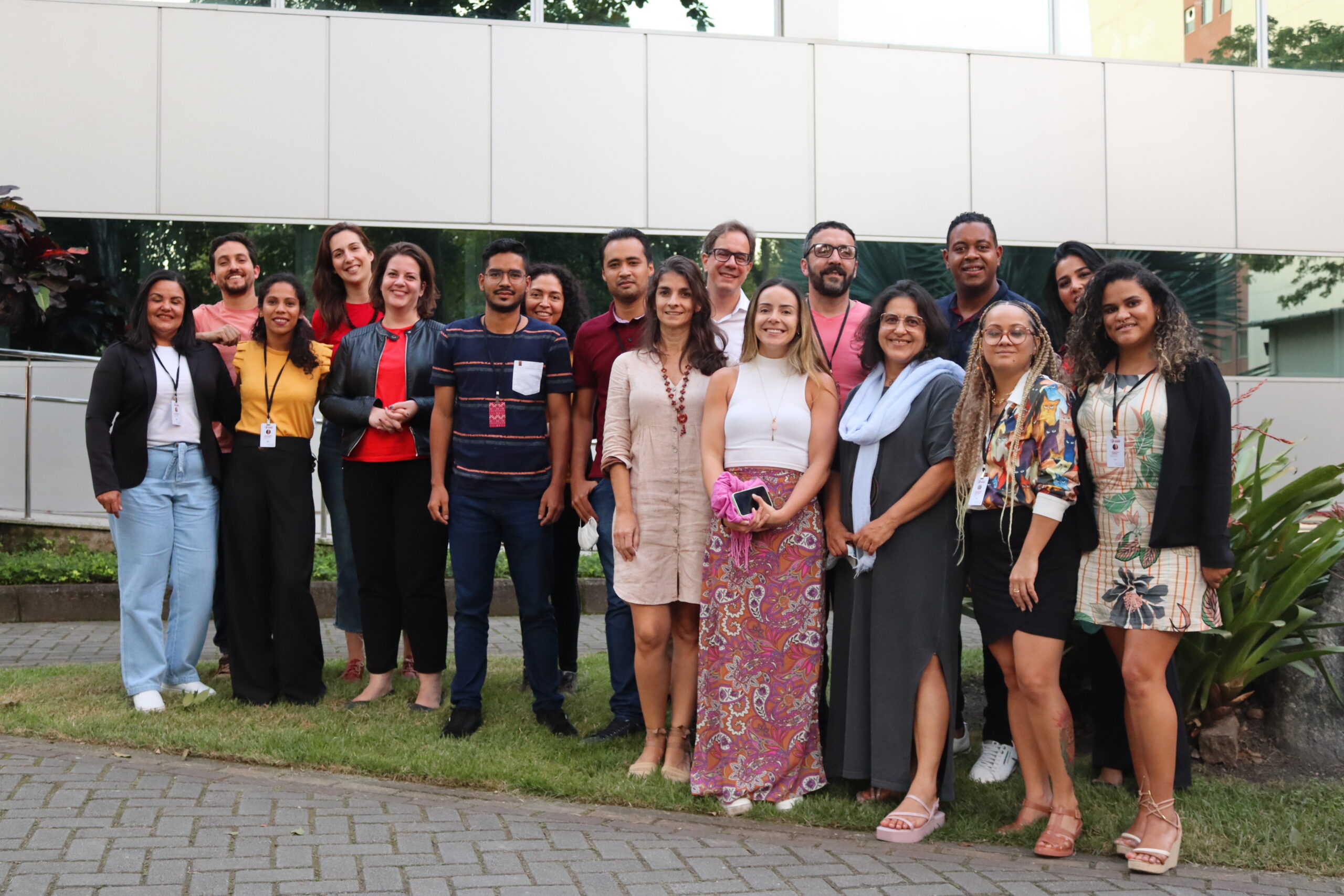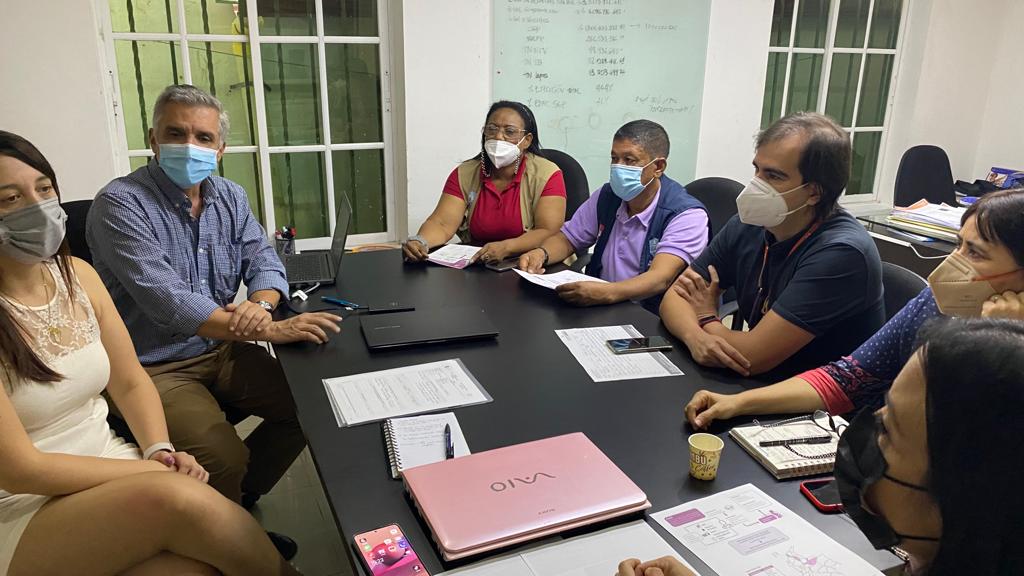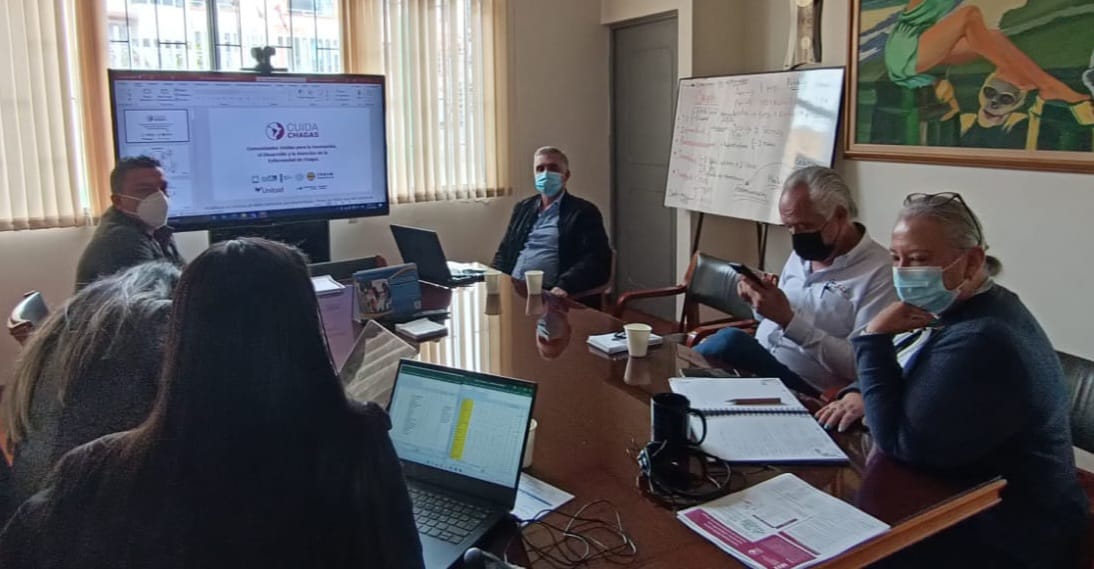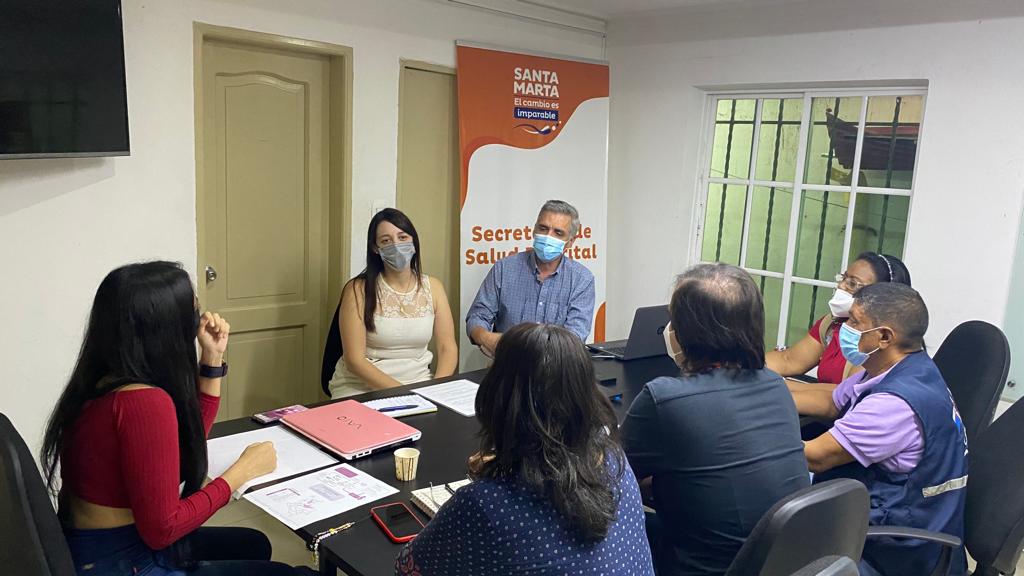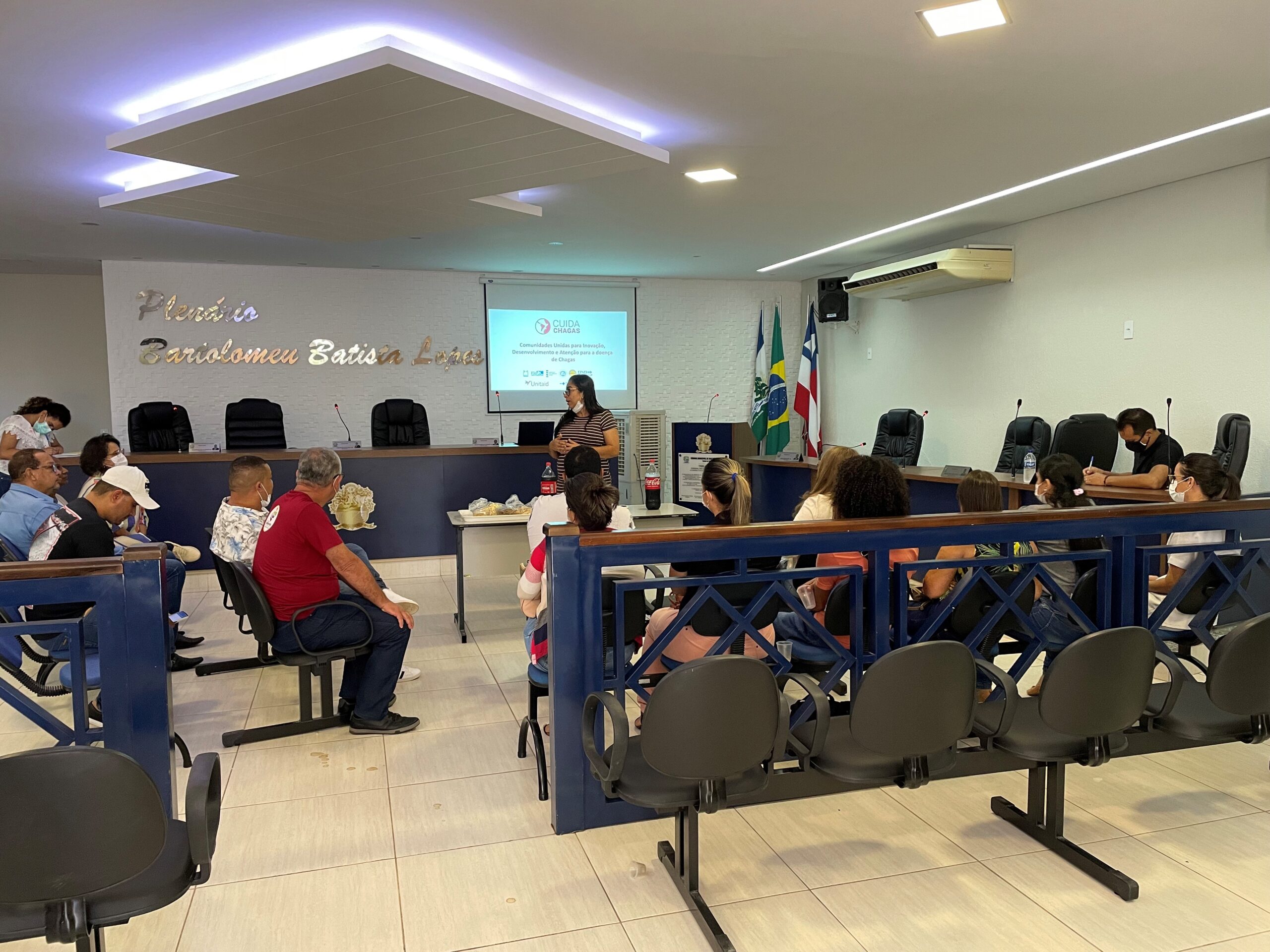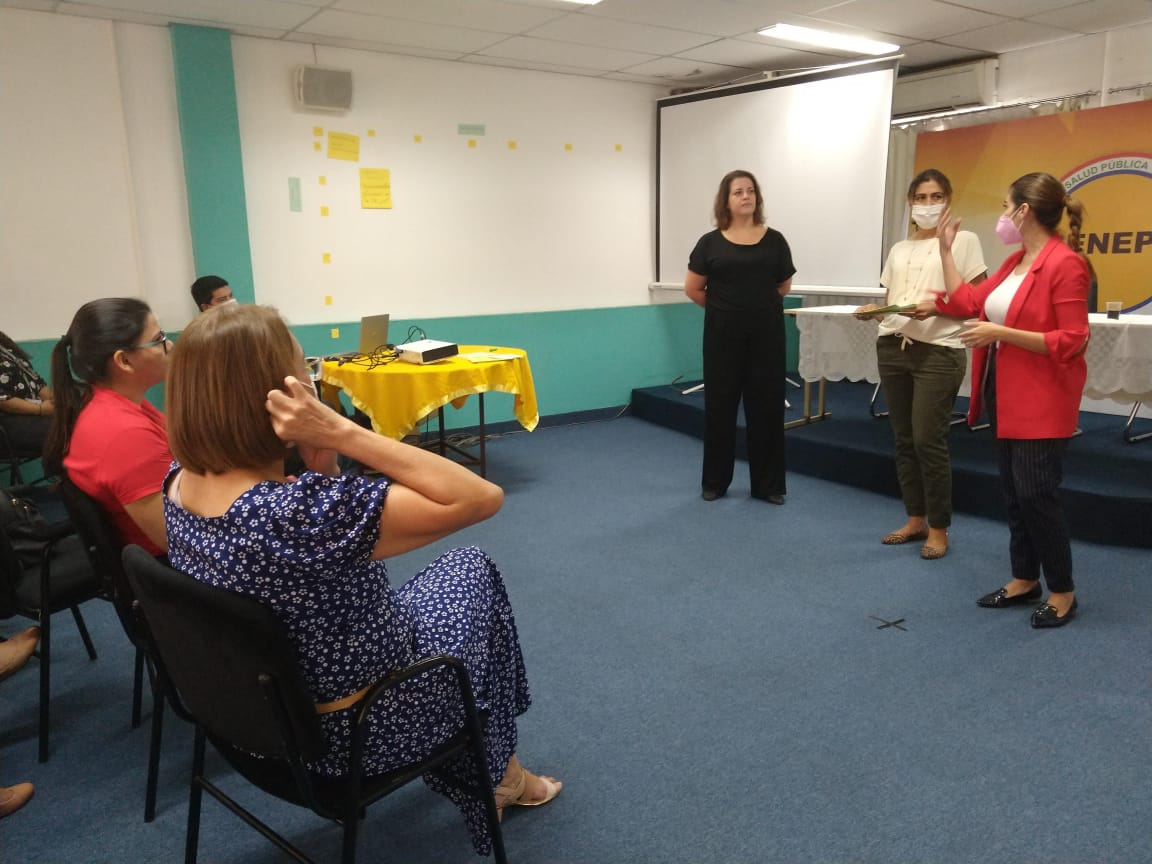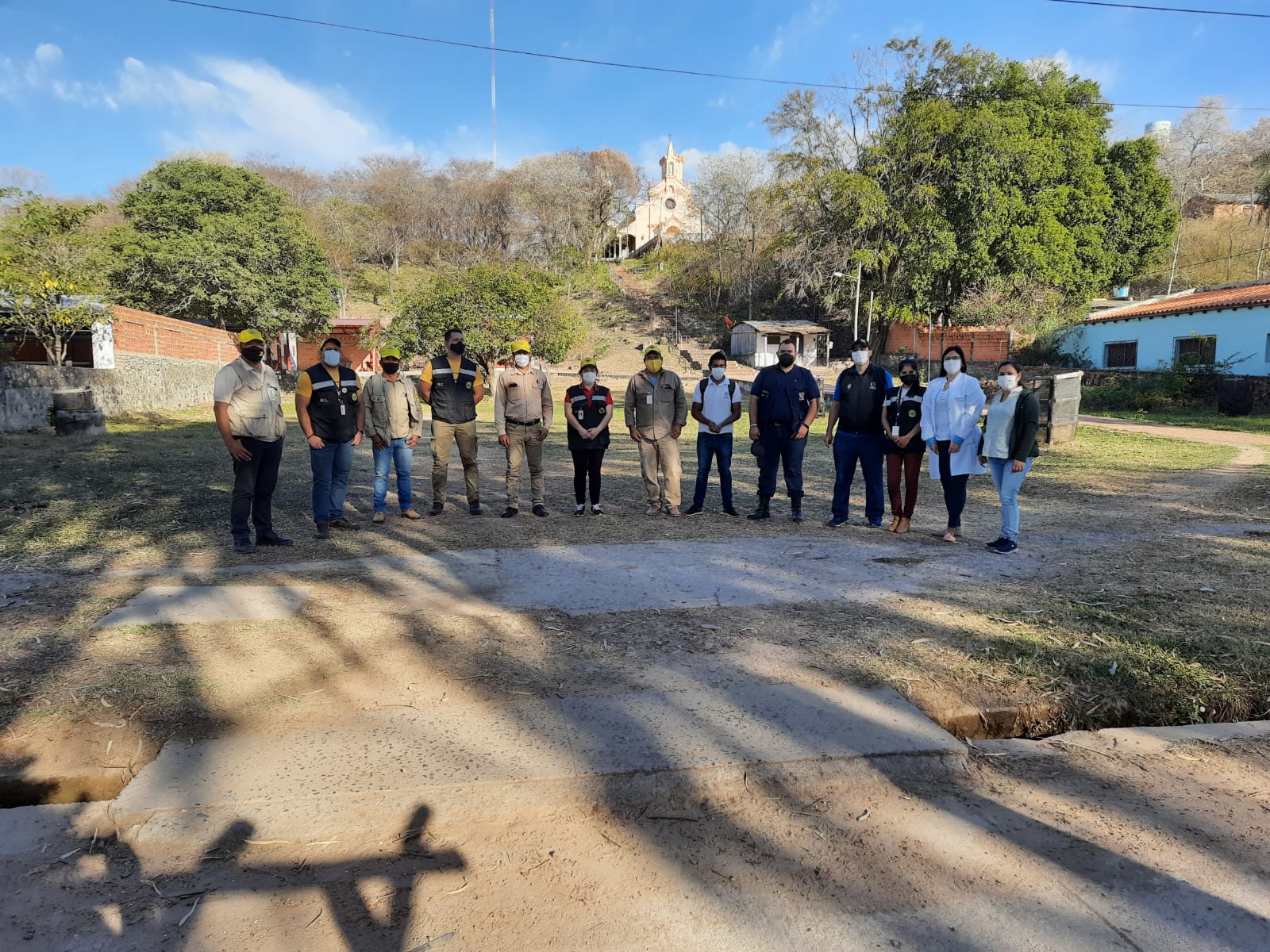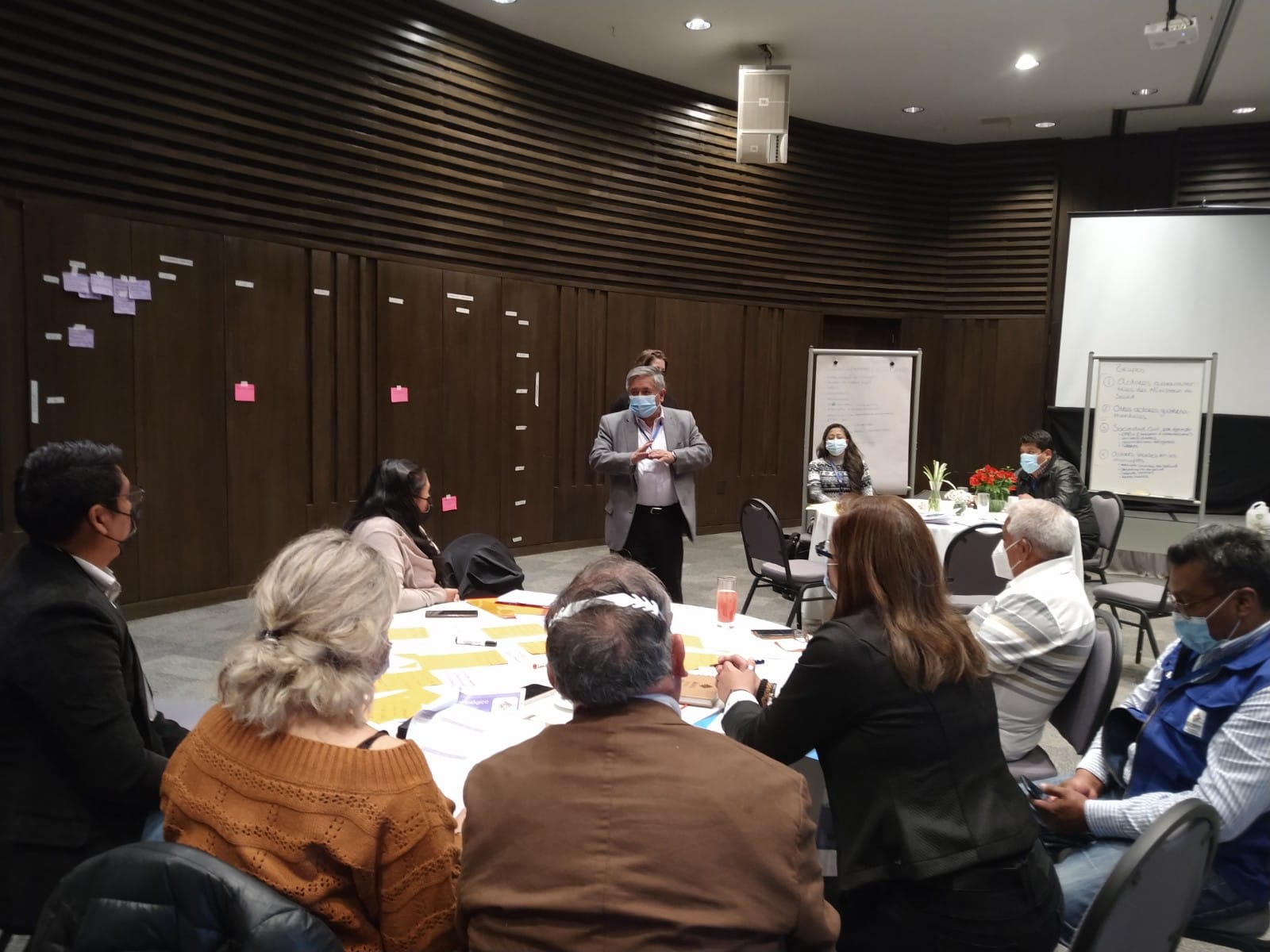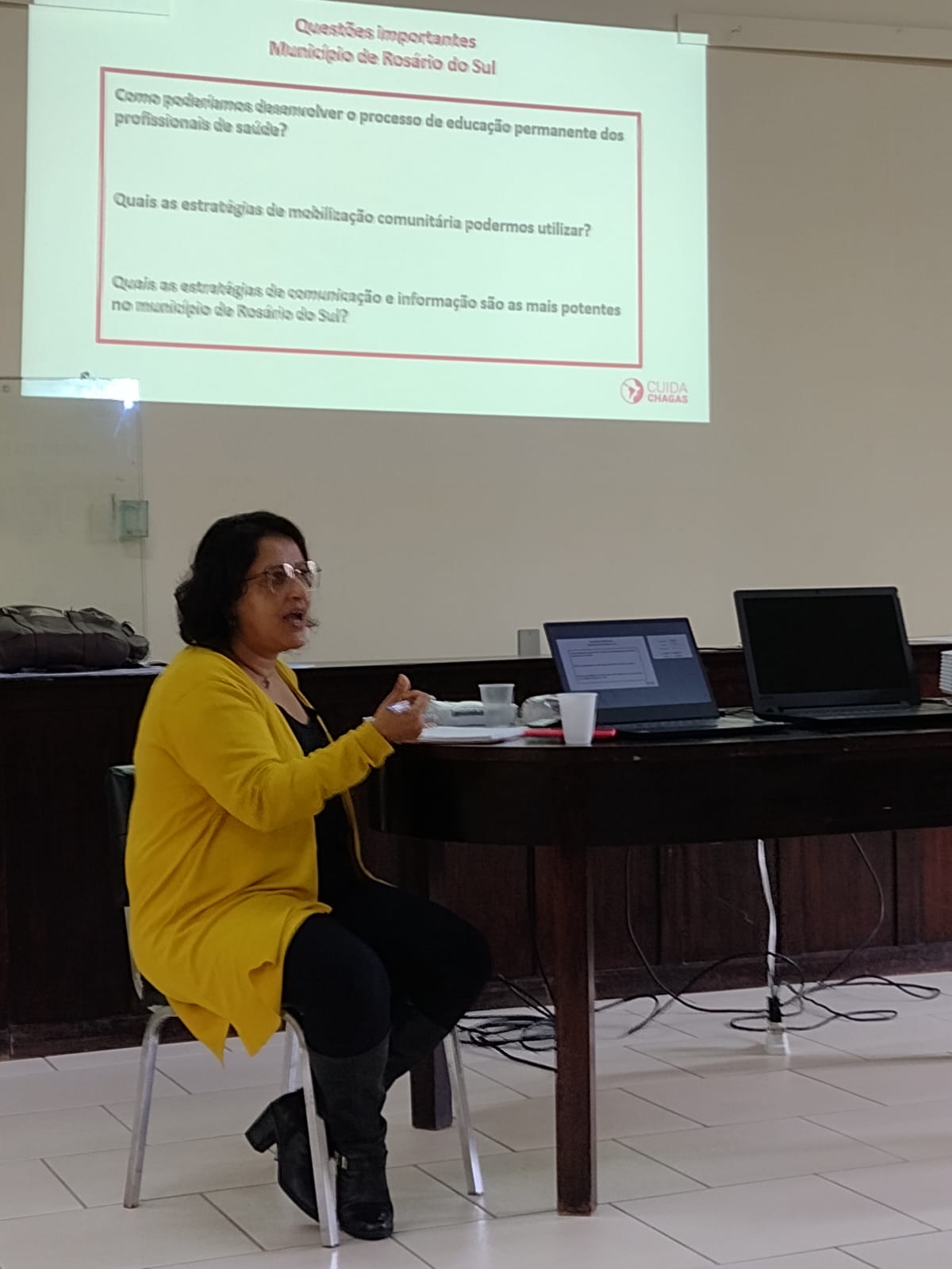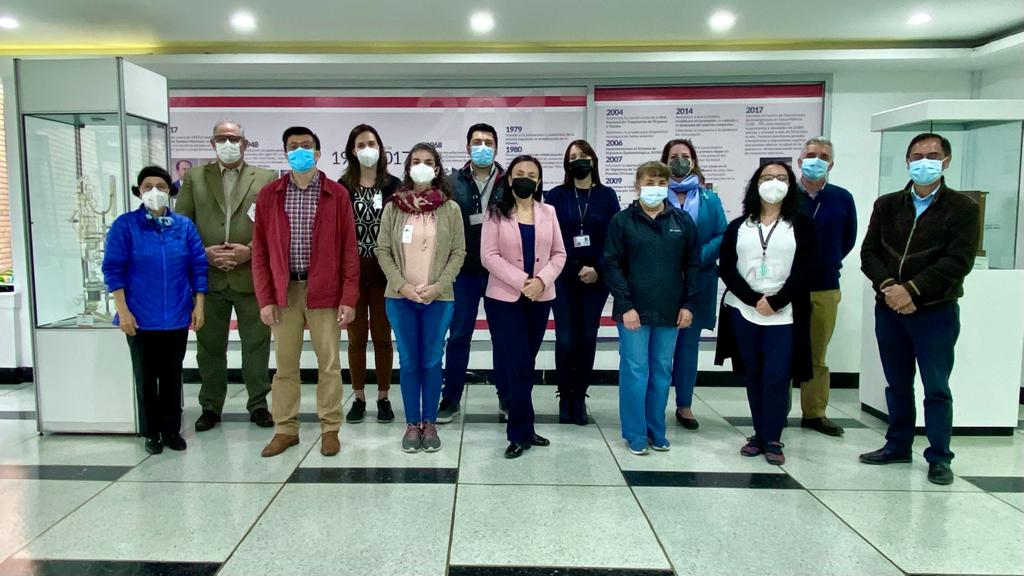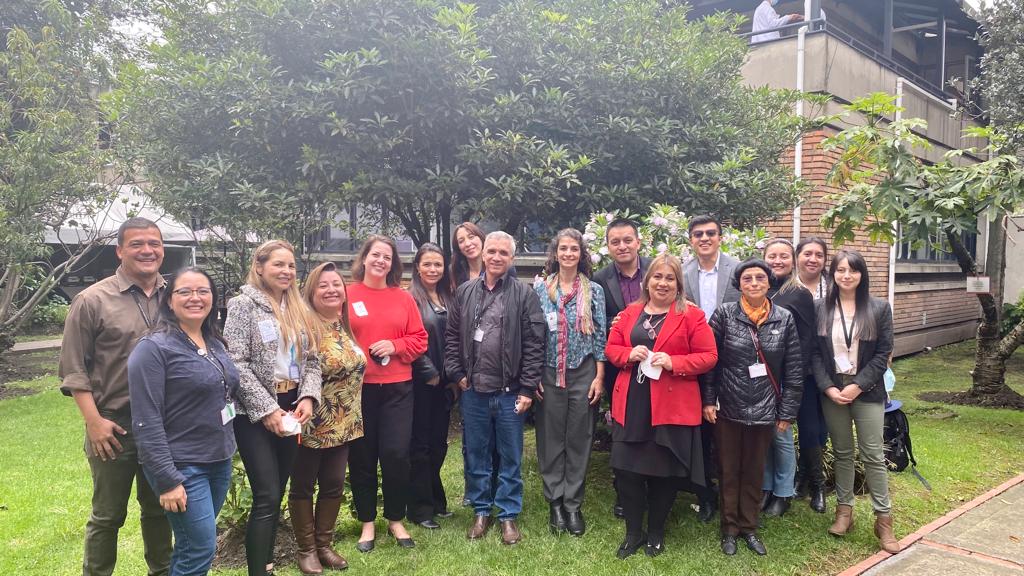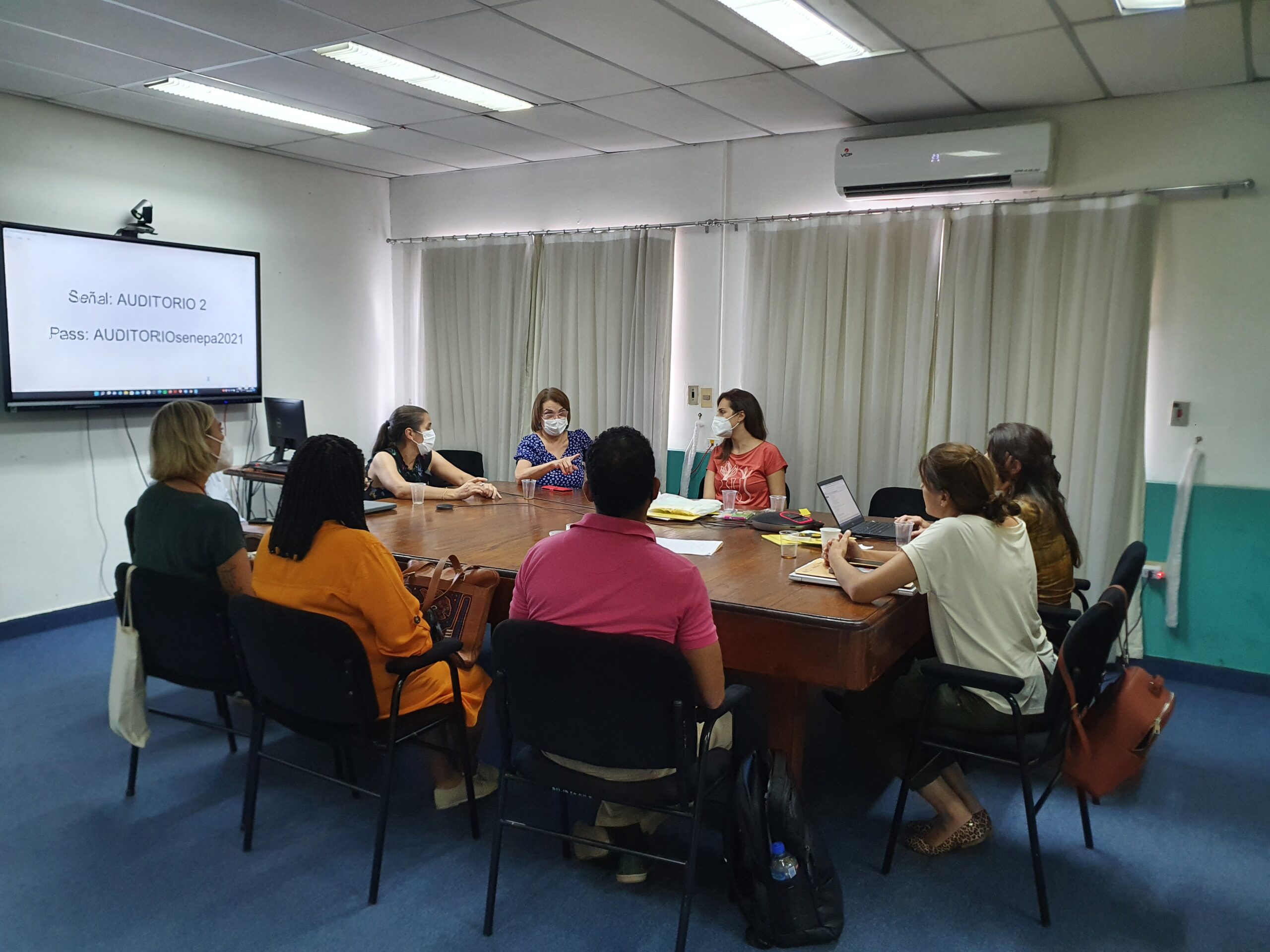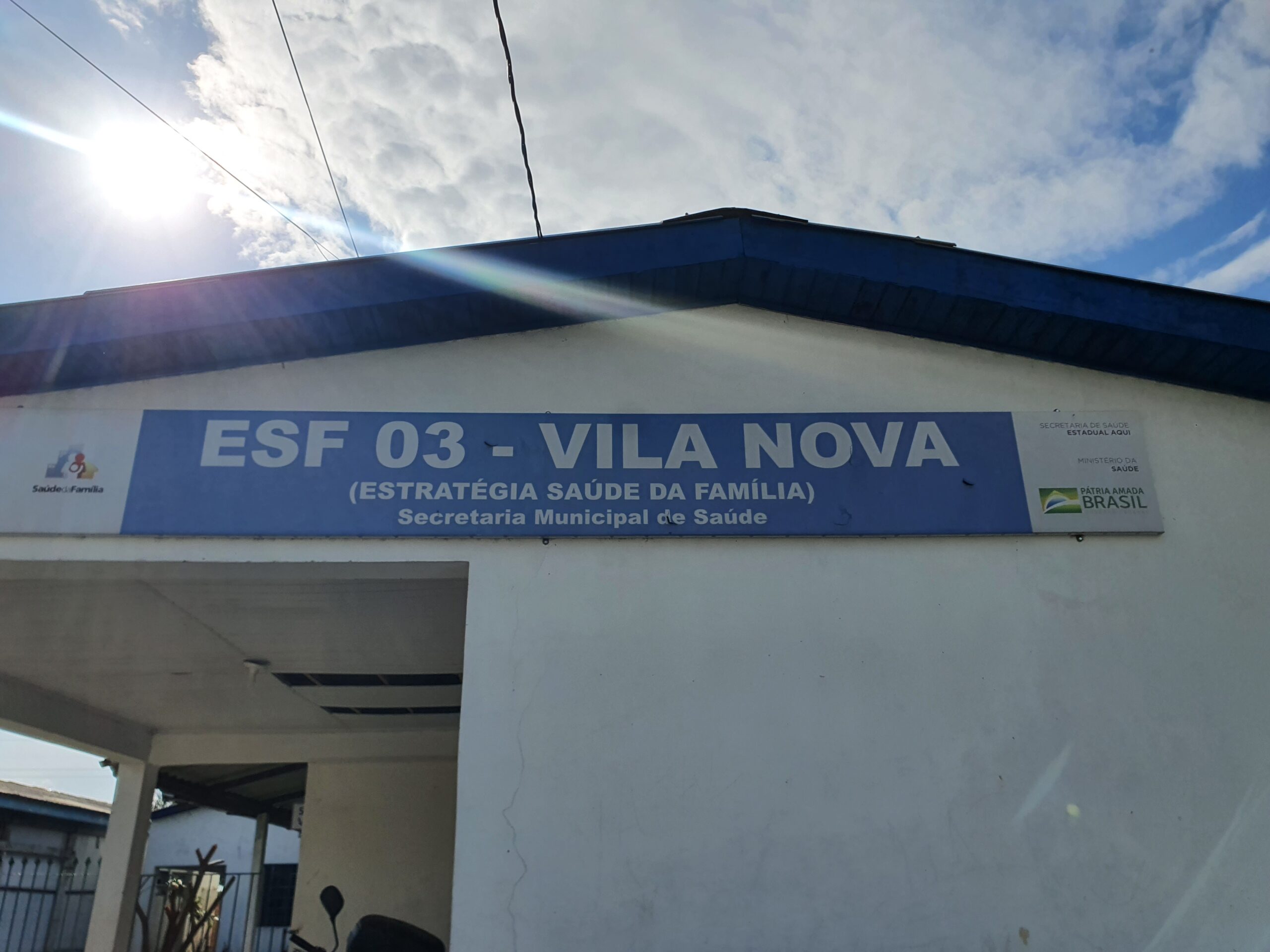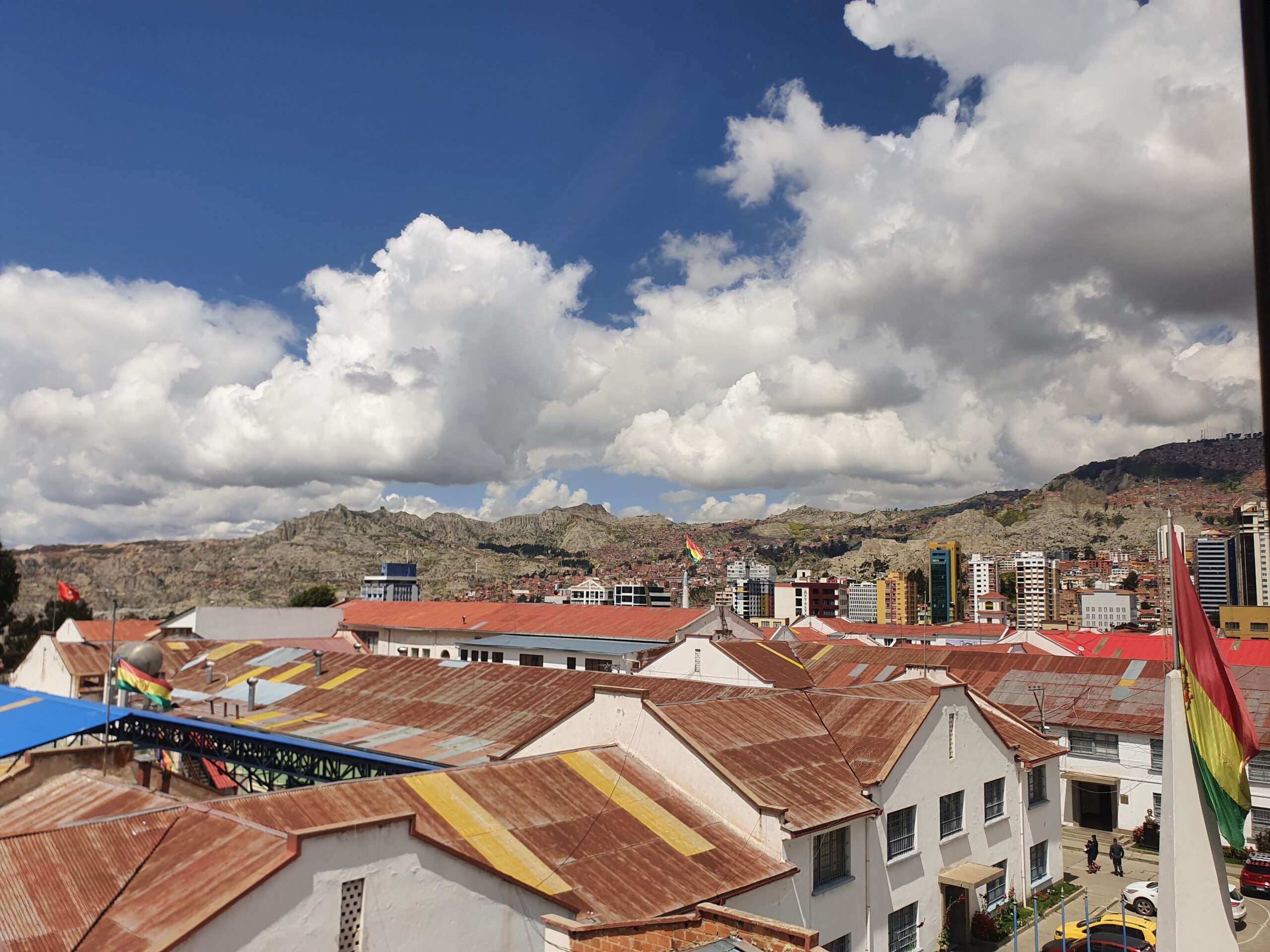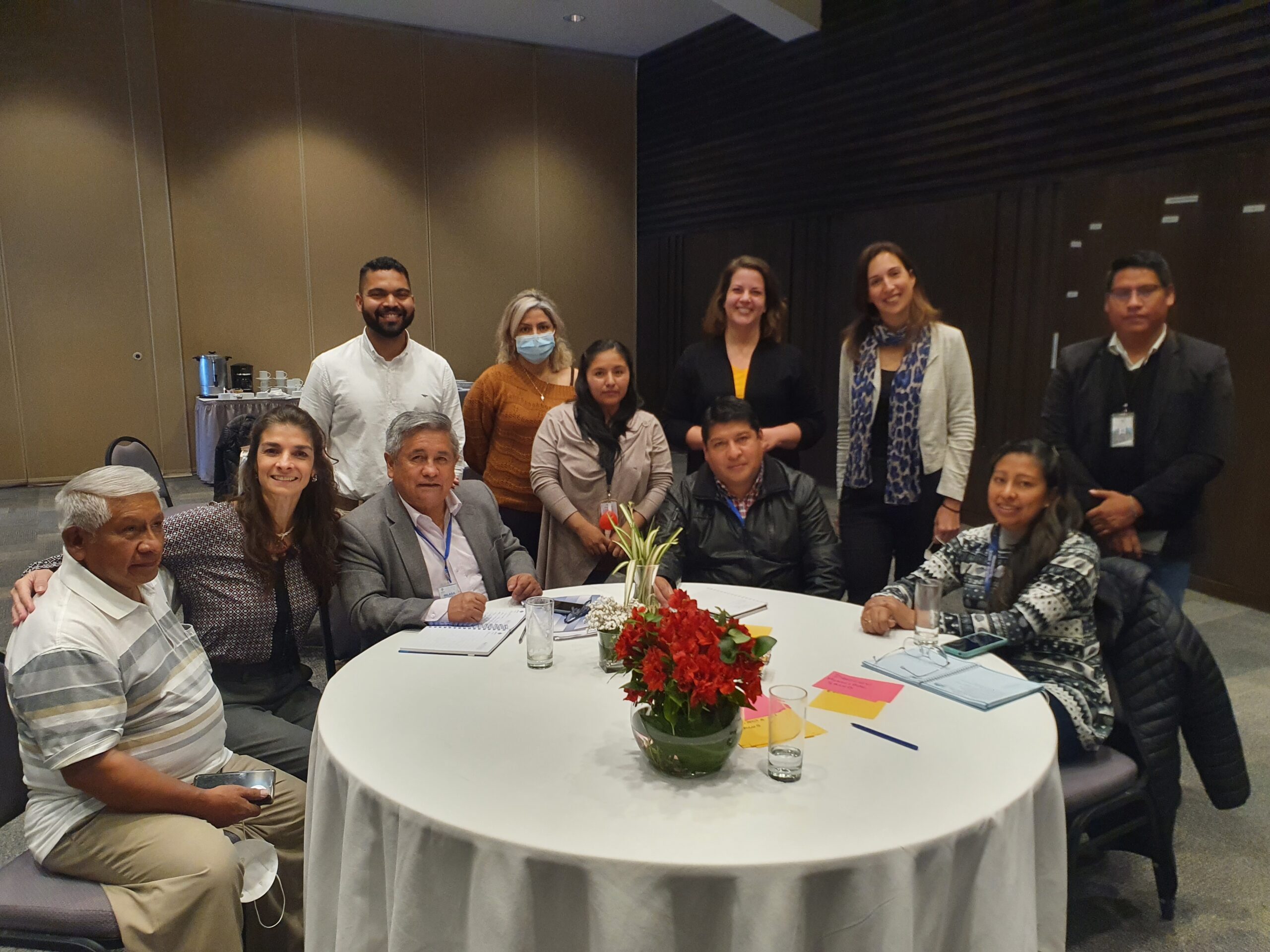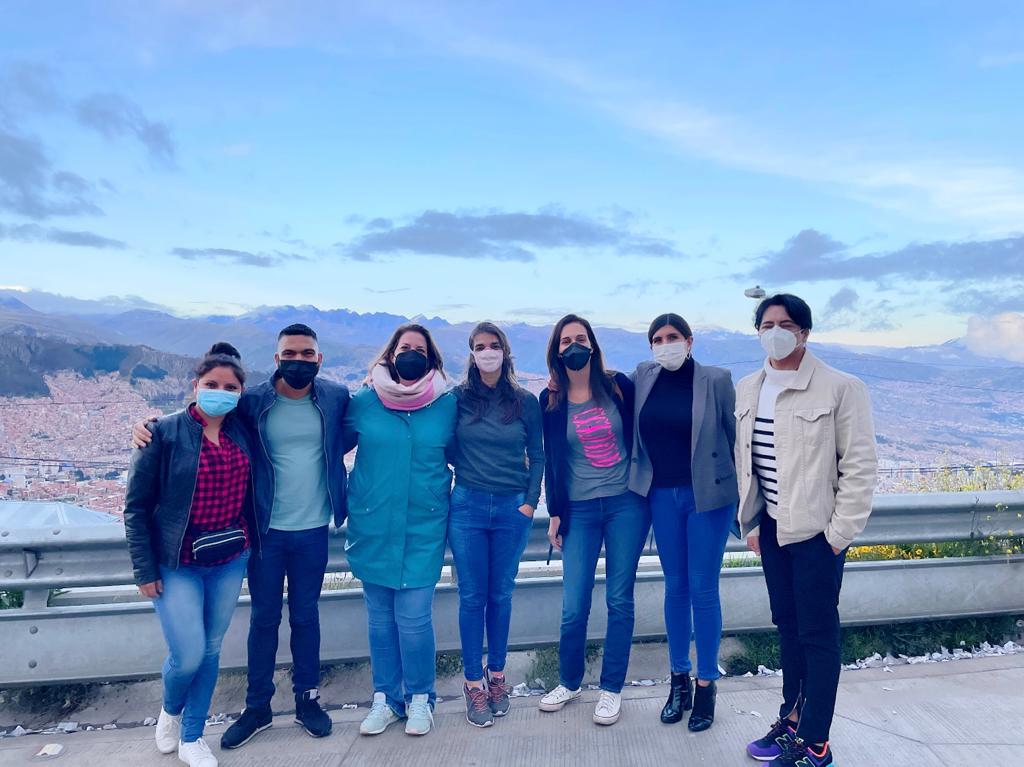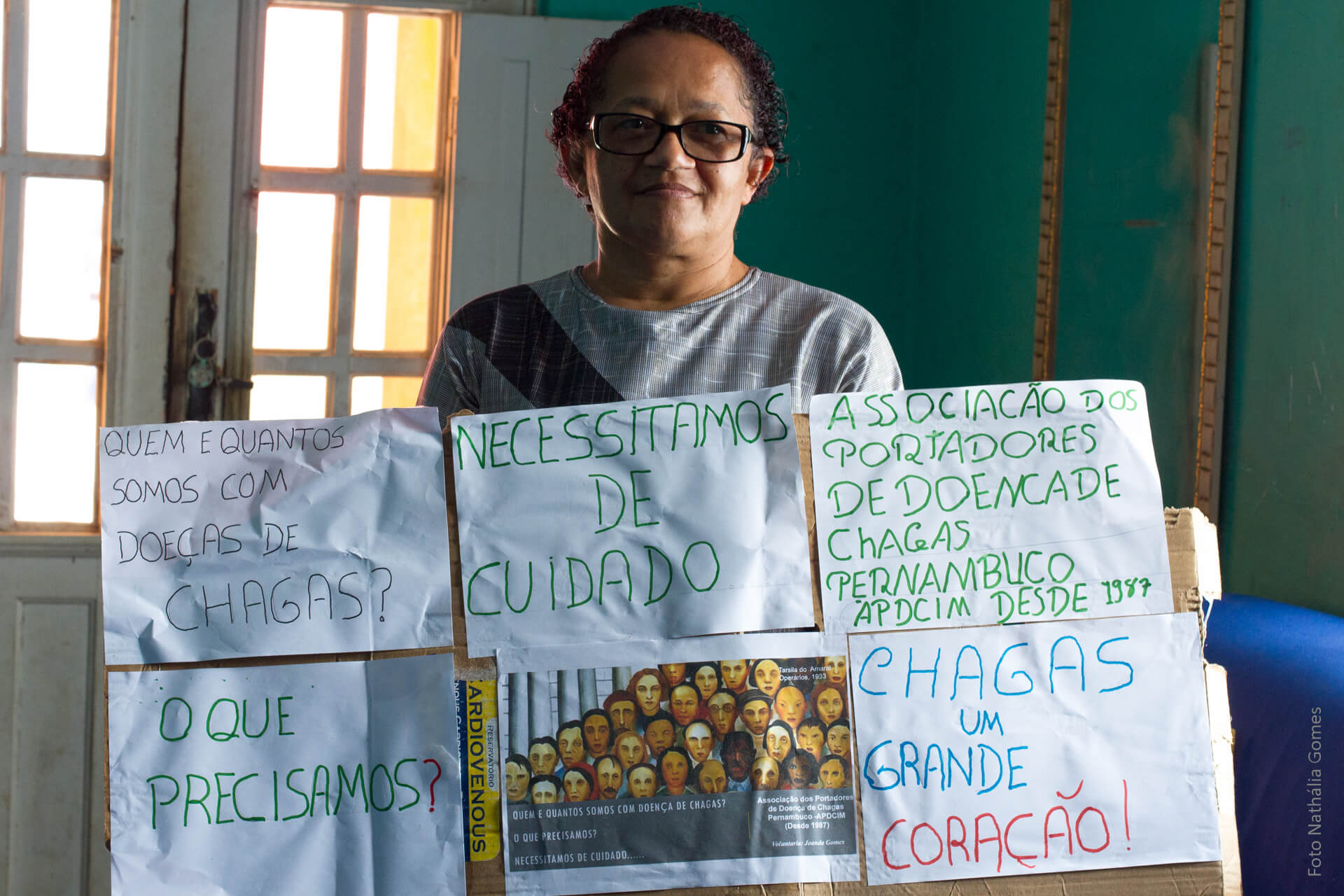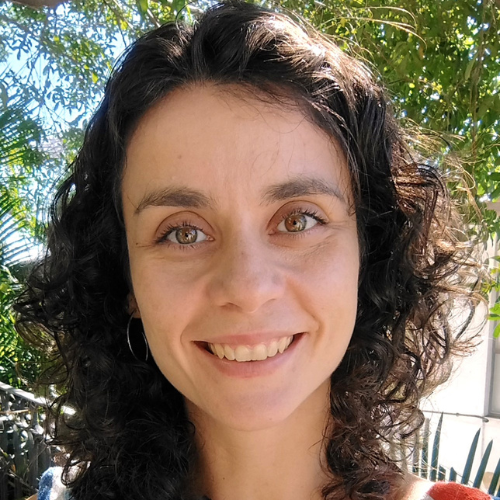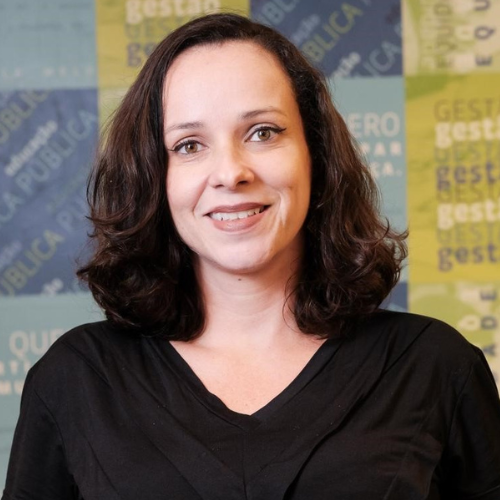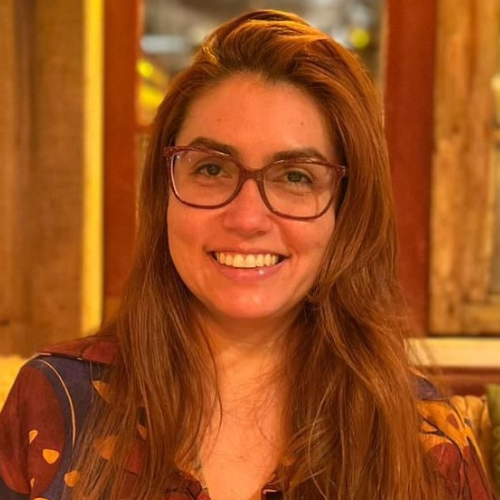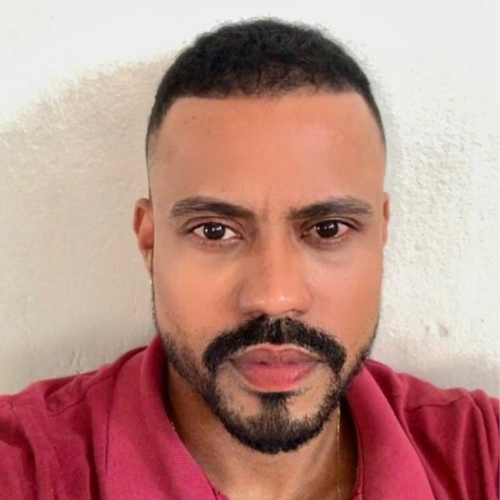The Project
The CUIDA Chagas Project – “Communities United for Innovation, Development and Care for Chagas Disease” – is led by the National Institute of Infectious Diseases (INI) of the Oswaldo Cruz Foundation (Fiocruz), Brazil. It has logistical, administrative and financial support from the Foundation for Scientific and Technological Development of Health (Fiotec) and works in partnership with the National Institute of Health Laboratories (INLASA), from Bolivia; the National Health Institute (INS), from Colombia; the National Malaria Eradication Service (SENEPA), from Paraguay; and FIND, the global alliance for diagnostics. It is funded by Unitaid and co-funded by the Brazilian Ministry of Health.
The project combines implementation research, diagnostic and clinical innovation, community engagement and market interventions. Its objective is to contribute to the elimination of vertical transmission of Chagas disease in Latin America, improving and expanding access to diagnosis, treatment and care for affected people.
CUIDA Chagas represents an unprecedented advance in achieving the elimination of vertical transmission of Chagas disease in our region. It reinforces the importance of cooperation and regional integration to overcome the many challenges faced by Latin American peoples in the face of neglected diseases.
The CUIDA Chagas Project – “Communities United for Innovation, Development and Care for Chagas Disease” – is led by the National Institute of Infectious Diseases (INI) of the Oswaldo Cruz Foundation (Fiocruz), Brazil. It has logistical, administrative and financial support from the Foundation for Scientific and Technological Development of Health (Fiotec) and works in partnership with the National Institute of Health Laboratories (INLASA), from Bolivia; the National Health Institute (INS), from Colombia; the National Malaria Eradication Service (SENEPA), from Paraguay; and FIND, the global alliance for diagnostics. It is funded by Unitaid and co-funded by the Brazilian Ministry of Health.
The project combines implementation research, diagnostic and clinical innovation, community engagement and market interventions. Its objective is to contribute to the elimination of vertical transmission of Chagas disease in Latin America, improving and expanding access to diagnosis, treatment and care for affected people.
CUIDA Chagas represents an unprecedented advance in achieving the elimination of vertical transmission of Chagas disease in our region. It reinforces the importance of cooperation and regional integration to overcome the many challenges faced by Latin American peoples in the face of neglected diseases.
CUIDA Chagas current numbers
4
Countries
+32
Municipalities
+220
Health centers
+235.000
Expected number of people to be evaluated until 2025
+9.500
Expected number of people to be treated until 2025
Chagas disease
Chagas disease is a neglected tropical disease that mainly affects impoverished and vulnerable populations in 21 Latin American countries. However, as a result of migration, its scope is global, with a presence on nearly all continents.
Chagas disease is caused by the protozoan Trypanosoma cruzi (T. cruzi) that resides in blood and tissue of the human body. The best-known mode of transmission is through contact with feces/urine of triatomine bugs (kissing bugs), already infected with the parasite. However, there are also other forms of transmission: through blood transfusions, organ transplants, consumption of contaminated drinks or food and transmission during pregnancy and/or childbirth.
It is important to emphasize that there is no transmission of Chagas disease through saliva or sexual contact. In addition, there is no need for Chagas disease positive mothers to discontinue breastfeeding, unless they are in the acute phase the disease, suffer from immunosuppression which could lead to reactivation of the disease, or experience bleeding nipples.
Without treatment, between 30% and 40% of those affected develop serious cardiac or gastrointestinal complications. Each year, approximately 12,000 people die as a result of complications related to Chagas disease.
However, if diagnosed and treated in time, the serious stages of the disease can be avoided and, in certain cases, affected people may be cured.
Responsible, equitable, integrated and innovative actions contribute to improving the quality of life and the life expectancy of people affected by Chagas disease.
Chagas disease is a neglected tropical disease that mainly affects impoverished and vulnerable populations in 21 Latin American countries. However, as a result of migration, its scope is global, with a presence on nearly all continents.
Chagas disease is caused by the protozoan Trypanosoma cruzi (T. cruzi) that resides in blood and tissue of the human body. The best-known mode of transmission is through contact with feces/urine of triatomine bugs (kissing bugs), already infected with the parasite. However, there are also other forms of transmission: through blood transfusions, organ transplants, consumption of contaminated drinks or food and transmission during pregnancy and/or childbirth.
It is important to emphasize that there is no transmission of Chagas disease through saliva or sexual contact. In addition, there is no need for Chagas disease positive mothers to discontinue breastfeeding, unless they are in the acute phase the disease, suffer from immunosuppression which could lead to reactivation of the disease, or experience bleeding nipples.
Without treatment, between 30% and 40% of those affected develop serious cardiac or gastrointestinal complications. Each year, approximately 12,000 people die as a result of complications related to Chagas disease.
However, if diagnosed and treated in time, the serious stages of the disease can be avoided and, in certain cases, affected people may be cured.
Responsible, equitable, integrated and innovative actions contribute to improving the quality of life and the life expectancy of people affected by Chagas disease.
THE WORLD HEALTH ORGANIZATION (WHO) ESTIMATES THAT BETWEEN 6 TO 8 MILLION PEOPLE LIVING IN RURAL AND URBAN AREAS ARE AFFECTED BY CHAGAS DISEASE. MORE THAN ONE MILLION WOMEN OF CHILDBEARING AGE GIVE BIRTH TO 8 TO 15 THOUSAND BABIES AFFECTED BY THE DISEASE.
VERTICAL TRANSMISSION OF CHAGAS DISEASE OCCURS DURING PREGNANCY AND/OR DELIVERY. IT IS ALSO KNOWN AS “CONGENITAL” OR “MOTHER TO CHILD” TRANSMISSION AND IS RESPONSIBLE FOR UP TO A THIRD OF ANNUAL NEW CASES OF THE DISEASE.
The Consortium CUIDA Chagas
The CUIDA Chagas consortium was created in order to change the scenario of neglect that surrounds Chagas disease. The consortium is made up of governmental and non-governmental institutions that are widely recognized in the area of public health.
Based on strategic alliances and a consolidated governance structure, each consortium member contributes with specific actions in the different territories where the project is implemented and provides technical and scientific input.
This form of organization and management provides the project with institutional legitimacy, technical-scientific solidity, and sustainability. By working closely together with government institutions, the results and evidence generated by CUIDA Chagas may be incorporated in public policies, thereby guaranteeing the right to adequate health care for people and communities affected by Chagas disease in Latin America.
The CUIDA Chagas consortium was created in order to change the scenario of neglect that surrounds Chagas disease. The consortium is made up of governmental and non-governmental institutions that are widely recognized in the area of public health.
Based on strategic alliances and a consolidated governance structure, each consortium member contributes with specific actions in the different territories where the project is implemented and provides technical and scientific input.
This form of organization and management provides the project with institutional legitimacy, technical-scientific solidity, and sustainability. By working closely together with government institutions, the results and evidence generated by CUIDA Chagas may be incorporated in public policies, thereby guaranteeing the right to adequate health care for people and communities affected by Chagas disease in Latin America.
Core Team
Fundação Oswaldo Cruz (Fiocruz)
Avenida Brasil 4036, sala 102 – Manguinhos – Rio de Janeiro, RJ, Brasil.
CEP: 21.040-361
info@cuidachagas.org

Andrea Silvestre
Grant Principal Investigator

Debbie Vermeij
Project Director
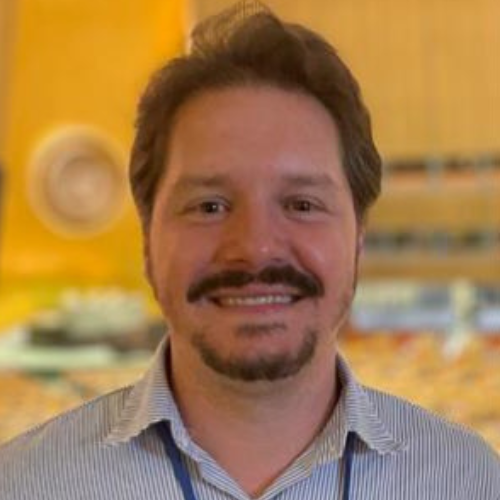
Eduardo Sholl
Project Manager

Camila Garroux
Monitoring & Evaluation Manager

Henny
Heredia
Data Manager

Javier Abi-Saab
Communication & Community Engagement Manager

Larissa de Paula
Project Assistant

Israel Molina
Clinical Trials Principal Investigator

Monique Gurgel
Clinical Trials Senior Monitor

Franciana Rosa
Validation Study Coordinator
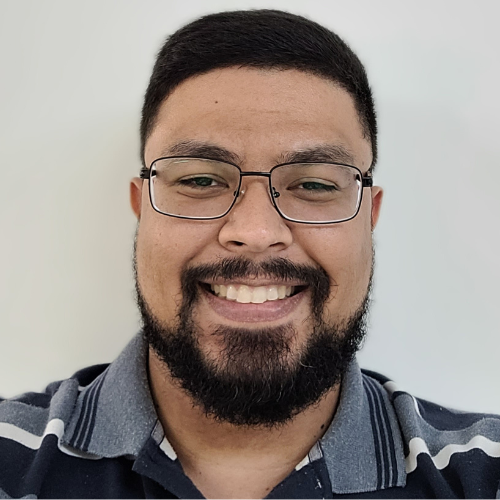
Pedro Henrique Campanini
Human Subject Research Officer

Tiago Nery
Political Advisor

Eloan Pinheiro
Technical Specialist Treatment

Luiz Vilarinho
Market Access Coordinator

Ana Paula de Freitas Ribeiro
Logistic Analyst
Fiotec Team

Luiz Abiel Martins
Project Analyst Senior

Raquel Silva
Project Analyst Junior



